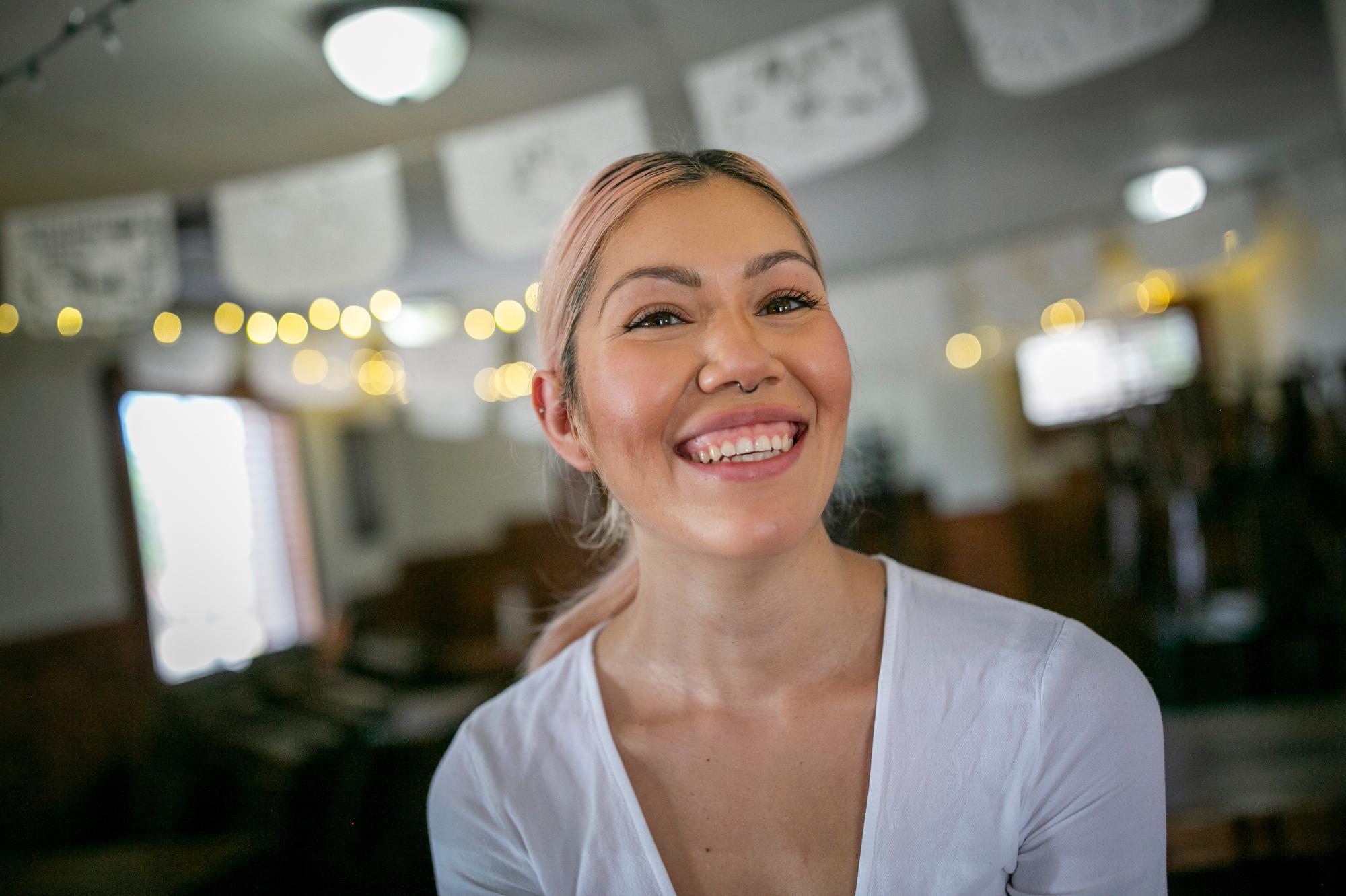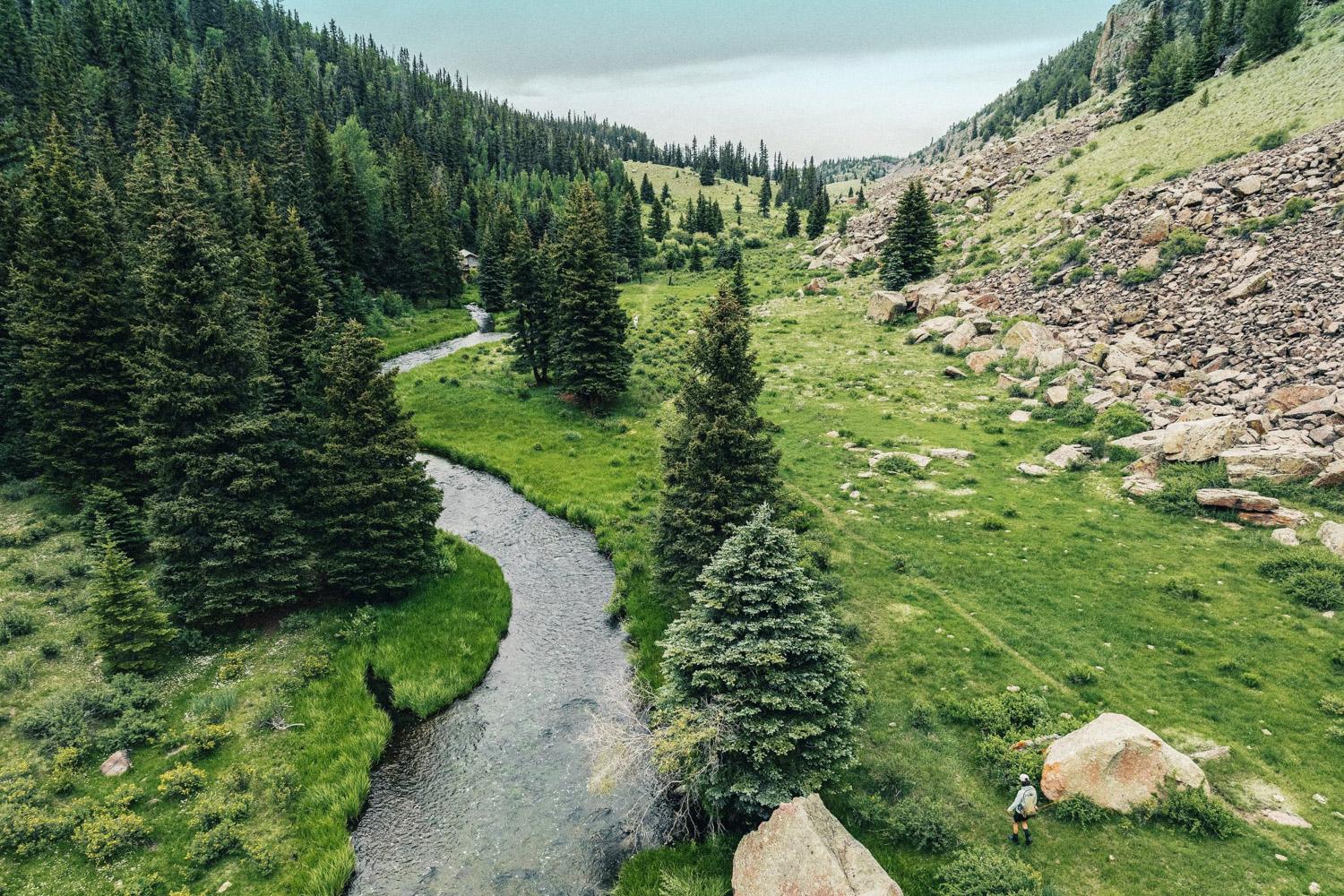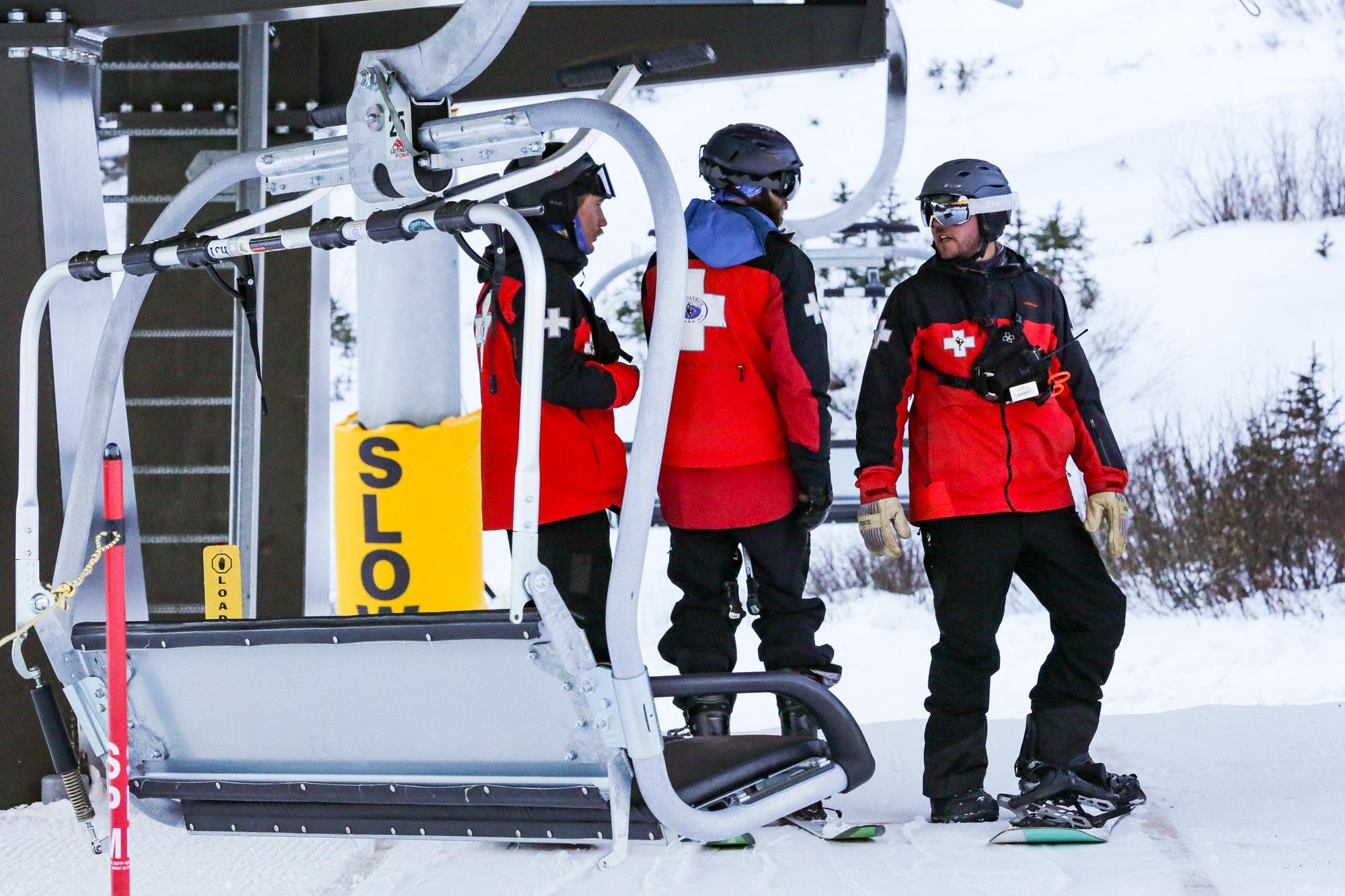
Tina Carroll is spending time on the phone with relatives these days. It’s more than family chit chat.
She’s searching for somebody who will fly to Denver in a few weeks and supervise her son, Chase, as he starts the first grade learning from home — at least for the first few weeks.
Carroll will be at work. As associate director of housing and dining at the University of Colorado Denver, she has to be on site. And as a single mom, she can’t afford to lose her job.
Chase attends a Denver school. District officials last week decided to begin school online on Aug. 24. The earliest students will be able to learn in person is Sept. 8 — and there’s no guarantee of that.
When Chase’s school reopens, Carroll is determined he will be there.
“I really just don’t have a choice. I’m an essential employee, and I report to work every single day, geared up and ready to go," she said. "So as a full-time single working parent, my only option is to send my child back to school.”
Natalie Perez’s fourth-grader, Roman Ortiz, attends the same school as Chase, but her family is making a different choice. Roman has some underlying health conditions, possibly asthma.
Perez’s husband will take on more of the work at their small Mexican restaurant so she can stay home and help Roman with his schoolwork. On the days she needs to be at the restaurant he’ll come and study in a quiet room she’s set up for him.
Roman did well with online learning last spring, Perez said.
“He was the only kid who completed his whole course and that was great, he learned a lot through that. At first … I was frustrated and I was scared that I was failing him by not providing him everything he needed," she said. "But he did great and I feel confident that we’ll be OK during this time.”
Perez and Carroll are among many Colorado families navigating the return to a very fraught new school year. So are teachers and school staffers, many of whom are debating whether to stay home or face the possibility they could catch COVID-19.
Maria Volker is willing to take the risk, at least for now. She teaches at Highlands Ranch High School in Douglas County. Last Saturday, after a nine-hour meeting, the district school board adopted a “hybrid” schedule.
The plan is to divide students at each school into two groups. One group will be in class for two days a week, the other for a different two days. Everybody will spend three days in remote learning. The aim is to cut class sizes on any given day in half.
Volker will go back to school, wearing a mask and a face shield. She will ask the district for a microphone so her students can hear her clearly when she’s at the board. And Volker will hang a see-through shower curtain around her desk so students remember not to walk up, as they normally would, for help.
CPR News reached out to listeners for their thoughts on the upcoming school year and hundreds responded. Here’s just a few.
Parent Sarah Ceja
Ceja will send her kids, 8 and 5, back to school because she and her husband work. They’re younger, potentially less affected by the virus, and she thinks they’ll be safe.
“I have a friend … our mindsets are pretty much the same. She opted to send her son 100 percent online and that was the first time I was like, ‘am I doing the right thing?’ And then it makes me question, am I valuing my career over my children’s life? It’s hard because I know iI worked hard to get where I am but it’s scary because I don’t know what’s going to happen.”
Teacher Erin Stamm
"I am a teacher in a public elementary school and I am terrified to go back. I do not feel that it’s safe to return to in-person learning. Teachers did not sign up to put their lives on the line to save the economy. It's frankly insulting that we're expected to return to buildings that are old, underfunded, and with poor ventilation systems. Remote learning is the safest option for all."
Parent Carrie Whittlesey
"I want my kids to go back to school (elementary). But we’ve been keeping them safe for so long. We don’t take them inside public places, we’ve canceled all trips and vacations, they didn’t even hug grandma when she came to town. How can we then send them into a school with other kids/staff who have not been as careful as we have?"
Teacher William Daniel
"As a high school teacher and a parent, I want school to be able to start. Ideally, we would all be returning safely in person. The reality is only with the greatest care. We must have credible and verifiable infection rates in decline for a sustained length of time, with our population following scientifically guided protocols and safe practices. COVID has exacerbated many societal inequalities."
Parent Tenly Williams
Her son, a fourth-grader, will learn online. Her daughter will go back to school for second grade. Last spring’s online learning didn’t go well for the family, but her son fared better.
“He could do it and I feel more comfortable with online learning for him than I do with my younger child. She is very social and she is starving for social interaction with other kids besides her brother.”
Teacher Margaret Keeton
"I am a fourth-grade teacher. I have many questions and not many answers. But the one that hits me in the gut is this ... How do we practice social distancing while also practicing active shooter drills?"
Teacher Tanya Caruso
"I feel like our district is trying very hard to protect teachers and students with all the limits on funding and the pressure of the community on top of it. I am hesitant about our plan, but there is still work to be done and decisions to be made within our building. We all have a voice so I feel good about that."
Teacher Rebecca Johnson
"I teach high school, special education for students with severe disabilities. I think that's a group of people being left out of the conversation. Going back to school will look a lot differently in my classroom, my students wearing masks, that's going to look differently, being able to socially distance it. My biggest thought on all of it is that I think we should be going back in school based on need, who needs to be in the building."









